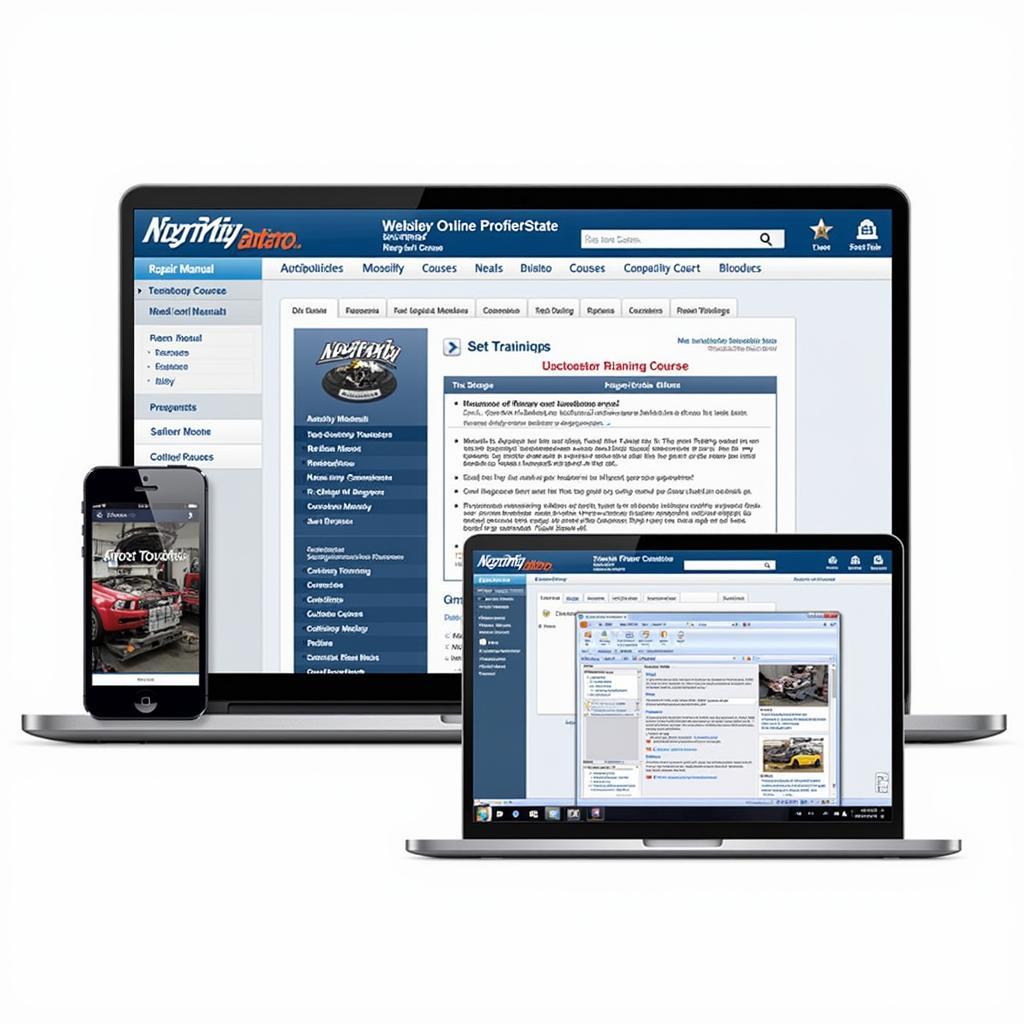A successful career in car diagnostics demands more than just theoretical knowledge; it requires the right equipment and tools. This comprehensive guide explores the essential equipment and tools required for a thriving career in car diagnostics, covering everything from basic hand tools to advanced diagnostic software. Whether you’re just starting or looking to upgrade your existing toolkit, this guide will equip you with the knowledge to make informed decisions.
Basic Hand Tools: The Foundation of Your Diagnostic Toolkit
Every car diagnostic technician, regardless of experience, needs a solid foundation of hand tools. These tools are essential for accessing various vehicle components, performing basic repairs, and facilitating more complex diagnostic procedures.
- Screwdrivers: A comprehensive set of screwdrivers, including Phillips, flathead, Torx, and hex, is crucial for removing panels, accessing connectors, and disassembling parts.
- Wrenches: From combination wrenches to socket sets and torque wrenches, having a variety of sizes and types is essential for tightening and loosening fasteners.
- Pliers: Needle-nose pliers, slip-joint pliers, and diagonal cutters are invaluable for gripping, cutting, and manipulating wires, hoses, and other small components.
- Hammer and Punch Set: Used for removing seized parts, driving pins, and aligning components during assembly and disassembly.
- Multimeter: A fundamental tool for measuring voltage, current, and resistance, helping pinpoint electrical faults within a vehicle’s systems.
Advanced Diagnostic Equipment: Unveiling the Inner Workings of Modern Vehicles
Modern vehicles are increasingly complex, requiring specialized diagnostic equipment to effectively pinpoint and resolve issues. These tools provide insights into the intricate electronic systems that control various aspects of vehicle performance.
- OBD-II Scanners: These devices are the cornerstone of modern car diagnostics, allowing technicians to communicate with a vehicle’s onboard computer, read and clear diagnostic trouble codes (DTCs), and access live data streams. Investing in a high-quality OBD-II scanner with advanced features is essential for staying ahead in this field.
- Oscilloscope: This powerful tool visualizes electrical signals, allowing technicians to analyze waveforms and identify intermittent faults that might be missed by other diagnostic methods.
- Pressure Gauges: These tools are used to measure various pressures within a vehicle’s systems, such as fuel pressure, oil pressure, and coolant pressure, helping diagnose mechanical and hydraulic problems.
- Vacuum Pump and Gauge: Used to test vacuum-operated systems, such as brake boosters, EGR valves, and intake manifolds, identifying leaks and performance issues.
Software and Information Resources: Staying Up-to-Date in a Rapidly Evolving Industry
Keeping up with the latest technological advancements and vehicle-specific information is crucial for any car diagnostic technician. Access to reliable software and information resources is essential for accurate diagnosis and efficient repairs.
- Repair Manuals and Databases: Comprehensive repair manuals and online databases provide detailed information about vehicle systems, wiring diagrams, diagnostic procedures, and repair instructions. These resources are invaluable for tackling complex diagnostic challenges.
- Diagnostic Software: Specialized diagnostic software offers advanced features like guided diagnostics, component activations, and coding capabilities, enabling technicians to perform more in-depth analysis and repairs.
- Training and Certification Programs: Continuing education is paramount in the ever-evolving field of car diagnostics. Investing in training and certification programs helps technicians stay current with the latest technologies and best practices.
 Software and Information Resources for Car Diagnostics
Software and Information Resources for Car Diagnostics
What Other Tools Might I Need?
While the tools listed above are essential, other specialized tools may be necessary depending on the specific area of car diagnostics you specialize in. These might include battery testers, fuel injector testers, and compression testers, among others.
Conclusion: Investing in Your Diagnostic Future
Investing in the right equipment and tools is a critical step towards a successful car diagnostic career. By equipping yourself with the necessary tools and staying up-to-date with the latest advancements, you can provide accurate diagnoses, efficient repairs, and build a thriving career in this demanding field. Remember, continuous learning and adaptation are essential for long-term success in car diagnostics.
FAQ
- What is the most important tool for car diagnostics? An OBD-II scanner is arguably the most crucial tool for modern car diagnostics.
- Do I need all these tools to start my career? While starting with a basic set is feasible, gradually acquiring more advanced tools enhances your capabilities.
- Where can I purchase these tools? Automotive tool suppliers, online retailers, and specialized diagnostic equipment vendors are good sources.
- How important is ongoing training? Crucial. The automotive industry is constantly evolving, requiring continuous learning.
- What are some good resources for staying updated? Reputable online forums, industry publications, and manufacturer training programs are excellent resources.
- Is specialized software necessary? While not always essential initially, specialized software can significantly improve diagnostic efficiency.
- How do I choose the right OBD-II scanner? Consider factors like vehicle compatibility, features offered, and budget when selecting a scanner.
For further assistance, reach out to us via WhatsApp: +1(641)206-8880, Email: [email protected], or visit our office at 910 Cedar Lane, Chicago, IL 60605, USA. We have a 24/7 customer support team ready to help.

Leave a Reply